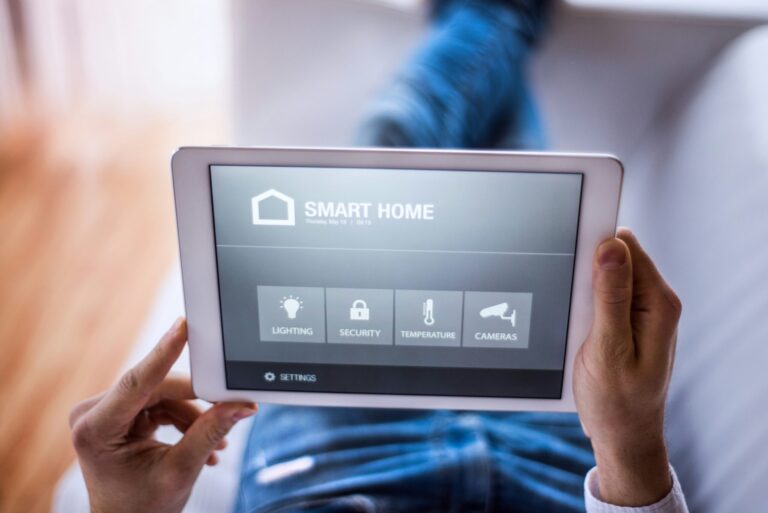The integration of Internet of Things (IoT) technology into residential properties became an undeniable trend. The growing popularity of smart homes, equipped with IoT devices such as smart thermostats, security cameras, and lighting systems, was driven by buyers seeking convenience, energy efficiency, and enhanced home automation. This shift in consumer preferences has prompted real estate professionals to partner with technology companies to provide properties that meet the increasing demand for connected, intelligent living spaces.
The Rise of IoT-Enabled Smart Homes
Smart homes are transforming how buyers view and interact with their living environments. With the increasing adoption of IoT devices, homeowners can control various aspects of their homes remotely through smartphones, voice-activated assistants, or other connected devices. Smart thermostats, for example, allow users to adjust their home’s temperature efficiently, while security cameras and lighting systems provide enhanced safety and convenience. The ability to control and monitor home functions from anywhere in the world has made IoT-equipped homes highly appealing to today’s tech-savvy buyers.
As a result, the demand for smart homes has surged, reshaping the real estate market. Buyers are actively seeking homes that not only meet their lifestyle needs but also incorporate advanced technology that offers long-term savings, enhanced security, and modern amenities.
Changing Role of Real Estate Professionals
This growing trend towards smart homes has also altered the role of real estate professionals. Agents are no longer just expected to market properties but must also become knowledgeable about IoT features and their potential benefits. Understanding how smart devices work and explaining their value to potential buyers has become a crucial skill. Whether it’s educating clients on the energy-saving capabilities of smart thermostats or demonstrating the convenience of remotely controlling home security, agents are increasingly positioned as trusted guides in helping clients navigate the world of home automation.
For real estate professionals who embrace these technological shifts, the reward is significant. Those who can effectively communicate the benefits of smart homes are often seen as more tech-savvy and adaptable, which enhances their professional reputation and increases their competitiveness in the market.
New Career Opportunities in Smart Home Integration
The growing popularity of IoT in real estate has also created new career opportunities within the sector. As demand rises for homes with integrated smart technology, professionals specializing in smart home installation and IoT consulting are seeing increasing opportunities. Real estate agents, property managers, and technology consultants can specialize in this rapidly expanding area, helping homeowners and developers incorporate IoT devices into their properties.
Additionally, many real estate firms are establishing partnerships with smart home technology providers to offer a range of IoT-enabled solutions to clients. This collaboration can give both parties a competitive edge, as they can offer turnkey smart home solutions that meet the evolving demands of modern homebuyers.
Conclusion
The growing trend of smart homes powered by IoT technology is revolutionizing the real estate market. For real estate professionals, staying informed about smart home features and their benefits is essential for staying competitive. As buyers increasingly seek connected, energy-efficient homes, agents who can offer these solutions will be well-positioned to succeed in a tech-driven market.
For more insights on IoT in real estate, refer to TimesProperty.
